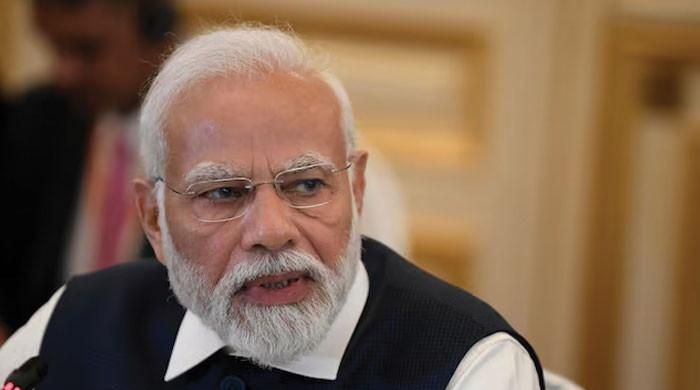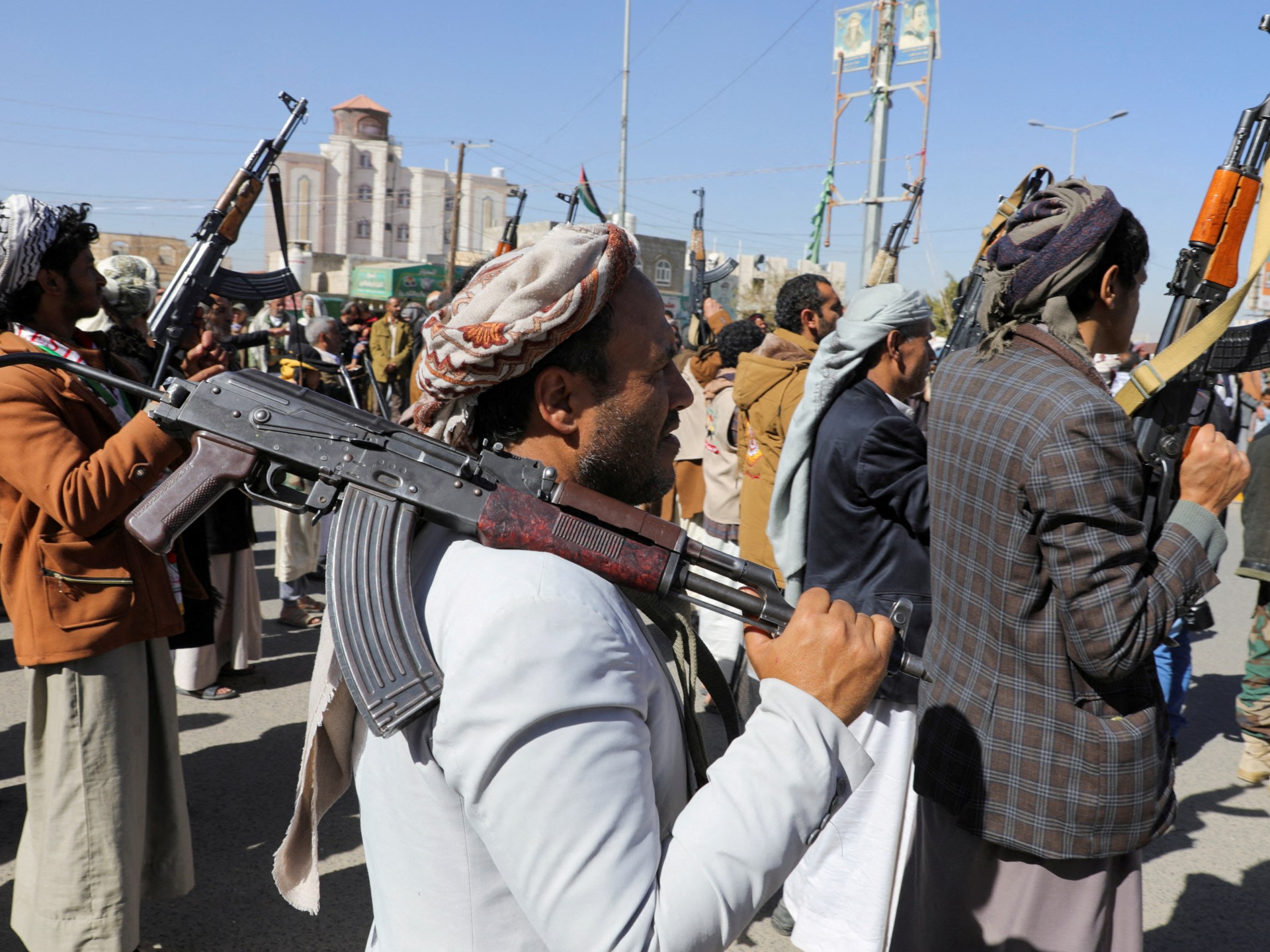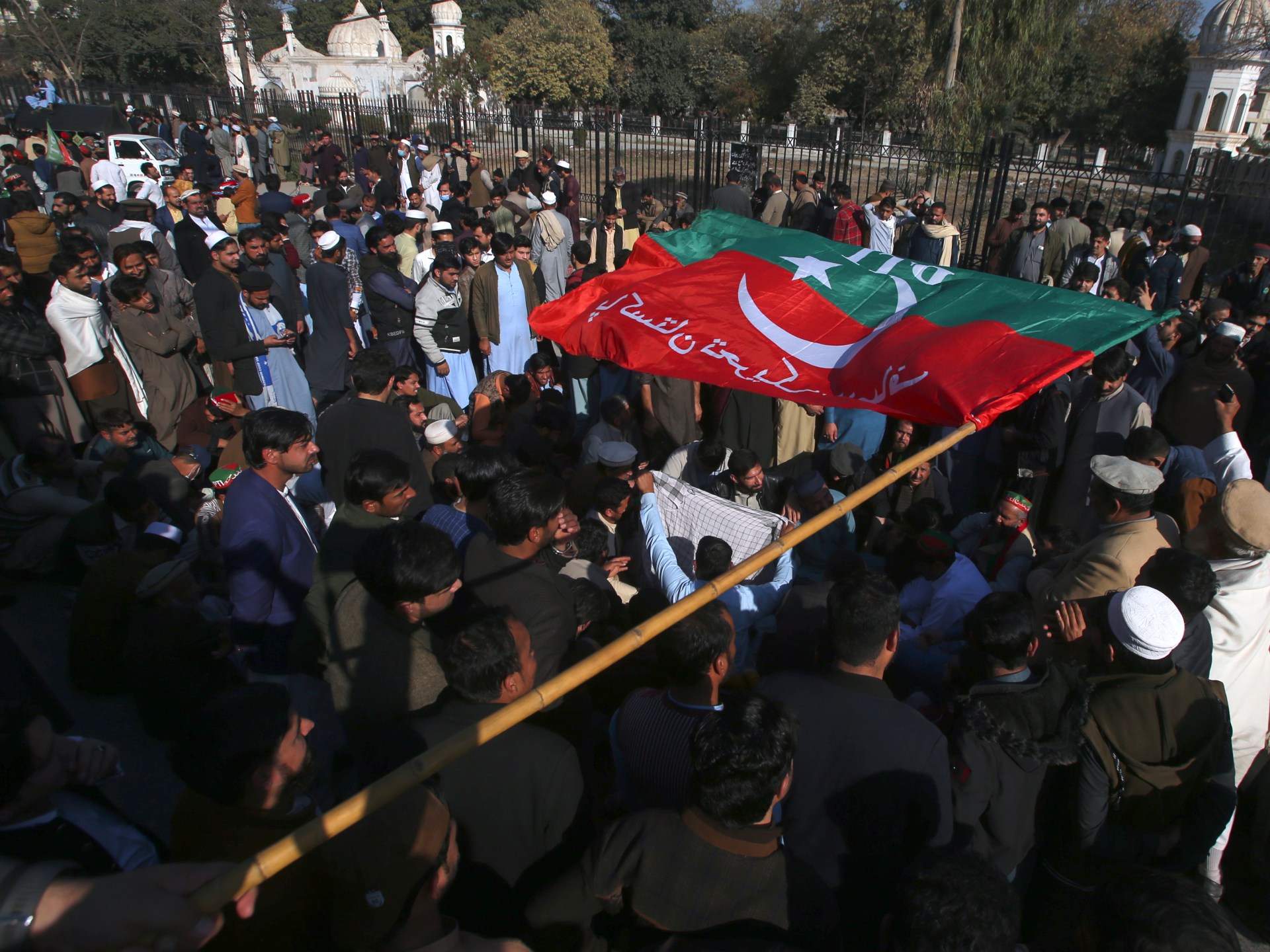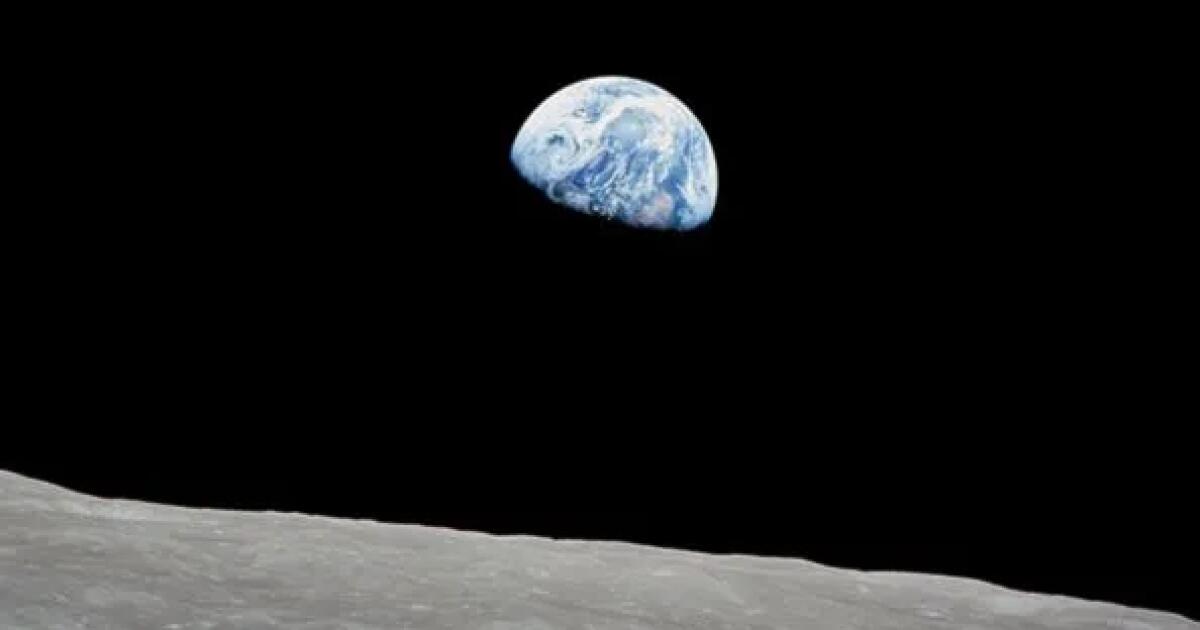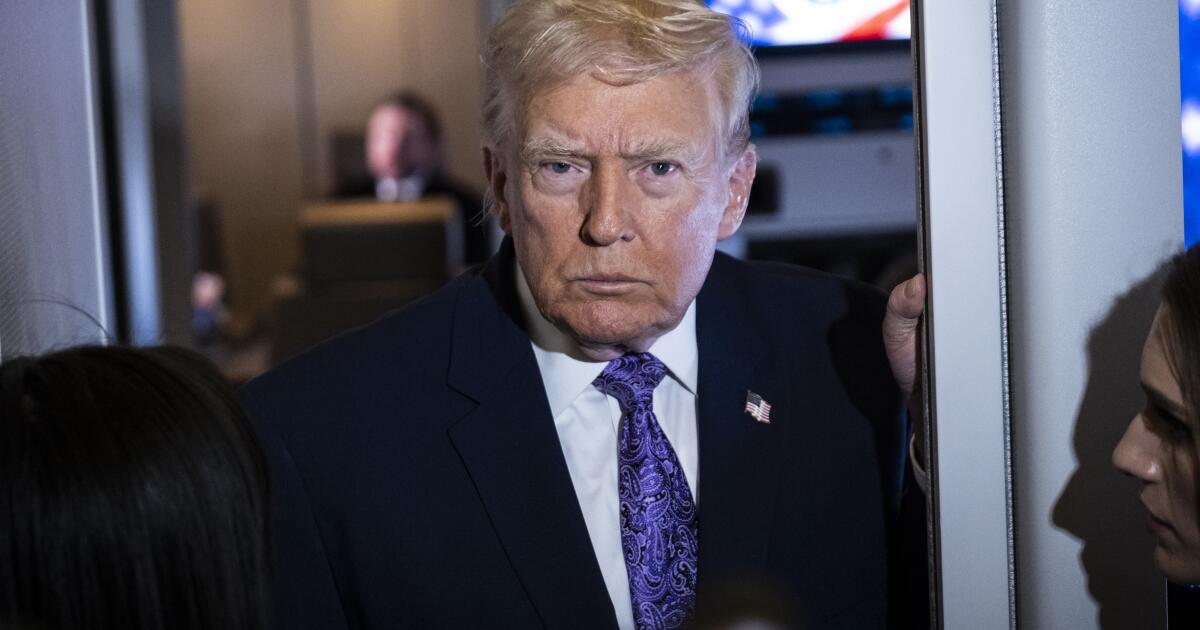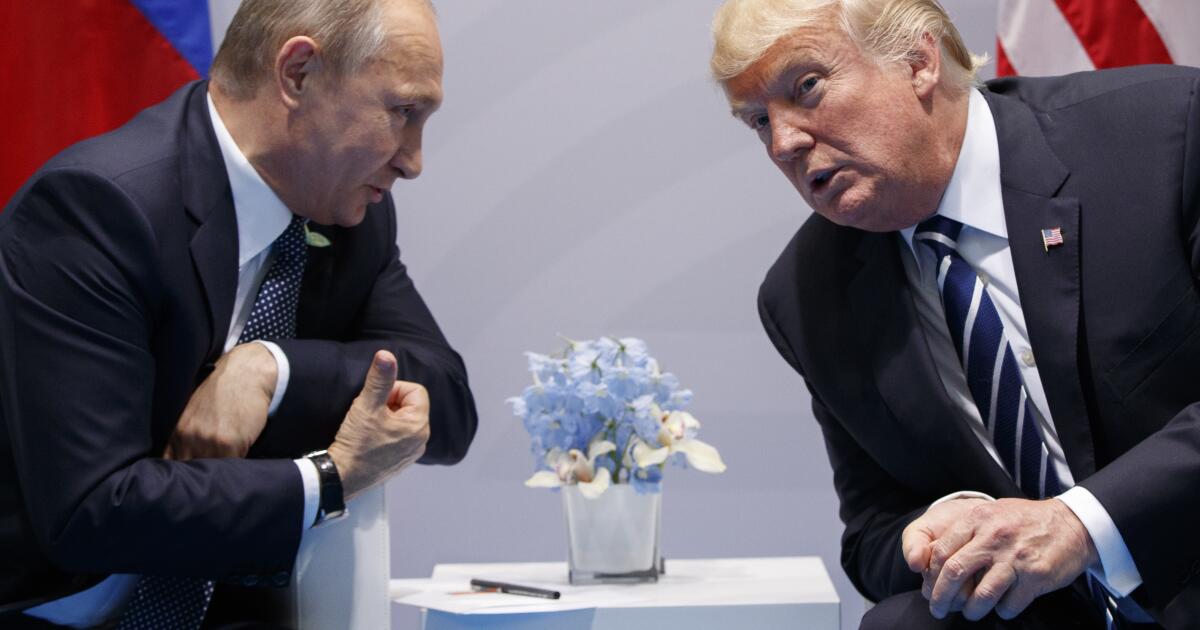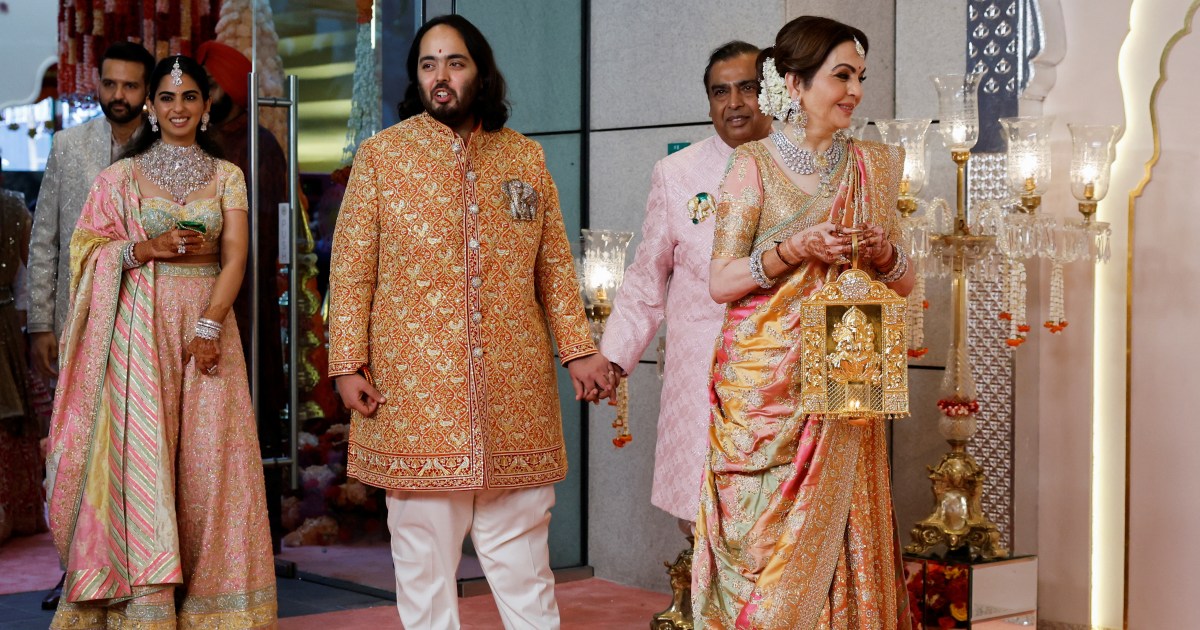NEW DELHI: After general election setbacks and facing possible defeats in state elections this year, Indian Prime Minister Narendra Modi's coalition has stepped up cash handouts, debt write-offs and other gifts, though he has previously criticised the policy.
Handouts from state governments and promises from opposition parties seeking to match that largesse threaten to upset the fiscal balance in the world's most populous nation and disrupt spending on urban infrastructure and other development projects, analysts say.
Modi’s Bharatiya Janata Party (BJP) lost its parliamentary majority in national elections in April-June and has held on to power with the help of wayward allies. Opinion polls predict it could lose provincial elections due in Maharashtra, Haryana and Jammu and Kashmir later this year, while it would win in the state of Jharkhand, potentially further undermining Modi’s popularity.
Maharashtra, India’s richest state and ruled by a BJP coalition, has raised its fiscal deficit target to 2.6% of state GDP for the current fiscal year from 2.3% in an interim budget in February. The latest budget has listed cash handouts for women and free electricity for some farmers that could cost it around 960 billion rupees ($11.45 billion) in total this fiscal year, or 2.2% of state GDP, according to research and investment firm Emkay Global.
BJP-ruled Haryana has waived water quotas for thousands of farmers, reduced cooking gas prices for millions of poor families and announced subsidies for unemployed youth.
Inflation, unemployment and rural poverty emerged as key issues in the general election and polls show they will remain top issues ahead of state elections.
“While subsidies are not a new phenomenon, what is worrying is the prevalence of populist promises in this cycle across the political spectrum,” said Madhavi Arora, an economist at Emkay.
“The recent wave of populist spending in election states could upset the delicate fiscal balance that has been developing so far.”
Opposition promises include free electricity for households and monthly allowances for women.
Modi has criticised this practice in the past.
“This culture of freebies is very dangerous for the development of the country,” he said in 2022.
“People who follow this culture will never build new highways, airports or defence corridors for you. They think they can buy people by distributing free stuff to them. Together we have to defeat this approach and eliminate the free stuff culture from the country's politics.”
Yashwant Deshmukh, founder of polling agency CVoter, said politicians will increasingly resort to freebies amid rising economic disparity, especially in the absence of emotive issues that helped the BJP in the 2019 national elections.
“The fiscal consequences of this culture are devastating, but there is a great longing among the masses for that kind of social welfare,” he said.

